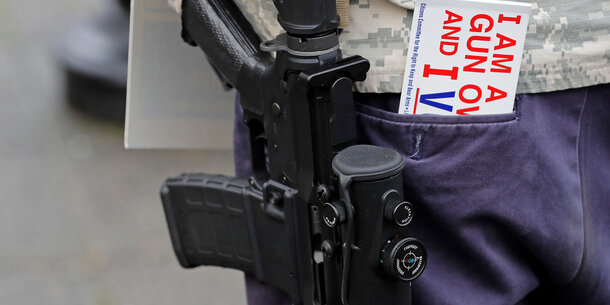This essay is part of the series Protests, Insurrection, and the Second Amendment.
ABSTRACT: A proper understanding of the founding era concept of police is essential to the future of Second Amendment jurisprudence. District of Columbia v. Heller never addresses the police power and its centrality to early American rights theory or antebellum jurisprudence. The omission is striking because Heller does devote considerable attention to antebellum southern cases addressing the issue of public carry, and this body of law was strongly influenced by police power jurisprudence. A genuinely historical treatment of founding era rights theory — including the right to keep and bear arms — provides scant support for Heller’s dismissal of the right of the people to regulate their internal police in the case of firearms. Nor does the antebellum southern case law that Heller highlights as the key to unlocking the meaning of the Second Amendment support such a claim. Reconstruction did not change these basic facts. If one applies Heller’s professed originalist methodology neutrally, and Justice Scalia is correct that rights are entrenched with the scope that they had when constitutionalized, then the right of the people to regulate their own police, including firearms, must be treated with the same originalist reverence. Judges, including originalist judges, must recognize the awesome power of the people: including the right to regulate arms.
The Police Power and the Au… by The Brennan Center for Justice


